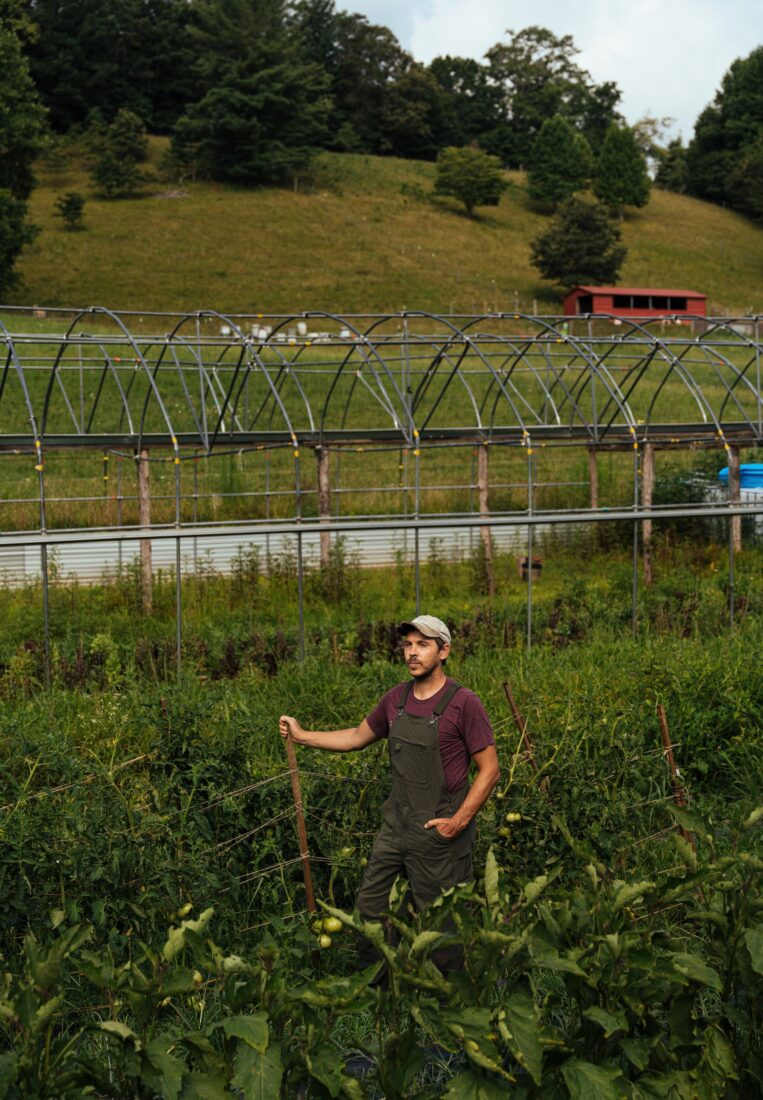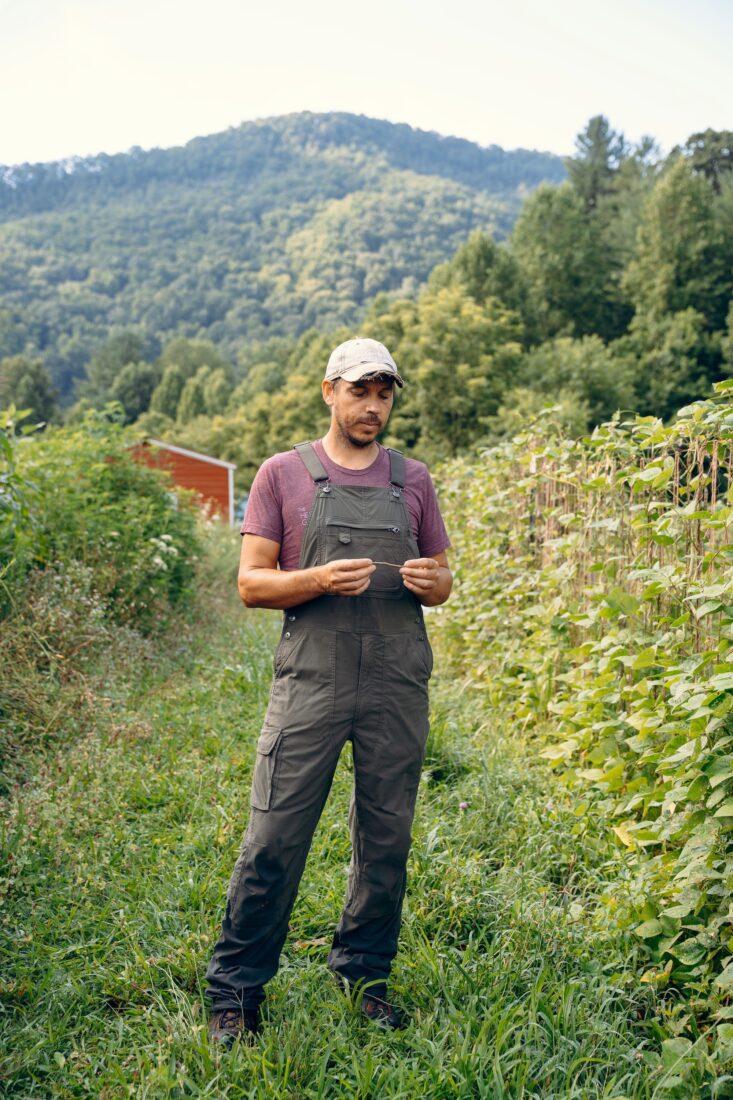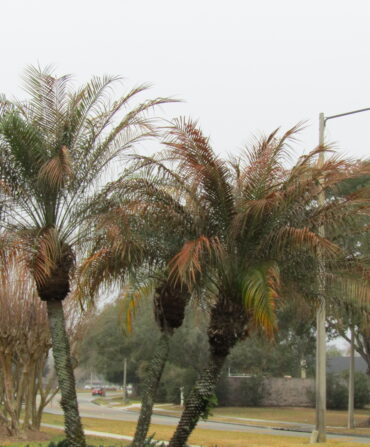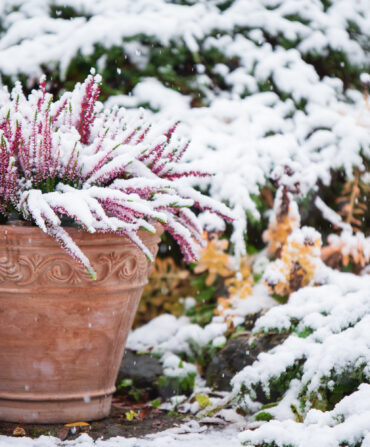Many planters know the feeling: After pushing a bunch of minuscule seeds into the soil, they stand back and think, There’s no way that’s going to grow. Chris Smith seems free from such doubt, already foreseeing how to improve the next harvest, and the harvest after that. Indeed, that’s the core mission of the Utopian Seed Project, the nonprofit he founded in Asheville five years ago to identify and propagate plant varieties that support diversity and climate-change adaptability in the local food system of Western North Carolina.
He and his compatriots are now taking an important step forward, establishing the Appalachian Seed Growers Collective to enlist other regional farmers in the effort, and for the first time making some of the project’s specially adapted seeds, such as Blue Goose Southern Pea and Ultracross Collards, available to home gardeners.
“Utopian Seed Project is set up to do research and education, but if we’re going to bring variety into the food system, people are going to want those things, and if we can’t supply them, we’ve got a problem,” Smith says. “We almost had to create the Appalachian Seed Growers Collective in order to bring about the change we’re envisioning.”

A modest network of regional growers, mostly small farmers, coalesced around the idea of “growing out” USP’s seeds for wider distribution, thus birthing the collective. “The exciting thing was that the folks taking part in those initial gatherings were already interested in seed saving, and brought in their personal favorites too,” Smith says. “We had seeds coming out of the woodwork, and as long as they measure up to our values, great.”
Take the collective’s Blue Ridge butternut squash, for instance, a locally adapted version of Waltham Butternut, a variety popular in seed catalogs and originally developed in Massachusetts. “Our farmer has been selectively saving Waltham seeds for years based on flavor, to the point where his customers come back because they say his taste better than other Walthams,” Smith says. “The result is something that is localized and superior, at least for our region.”
Smith hopes the collective will become a full-fledged, farmer-owned cooperative, and already a grant has funded the purchase of a mobile Winnow Wizard, a refrigerator-sized contraption of fans and grates that members can use to more efficiently sort and clean debris from seeds.
In 2023, participants grew out ten varieties that Smith describes as “seeds that know the South,” seven of which are being sold directly to the public. For a very limited time, that is—packet sales end March 15 or when supply runs out.
Why the tight deadline? “Everyone in the collective is a farmer,” explains Smith, “and we can’t be busy selling seeds once the spring planting season really kicks in.”
Steve Russell is a Garden & Gun contributing editor who also has written for Men’s Journal, Life, Rolling Stone, and Playboy. Born in Mississippi and raised in Tennessee, he resided in New Orleans and New York City before settling down in Charlottesville, Virginia, because it’s far enough south that biscuits are an expected component of a good breakfast.








